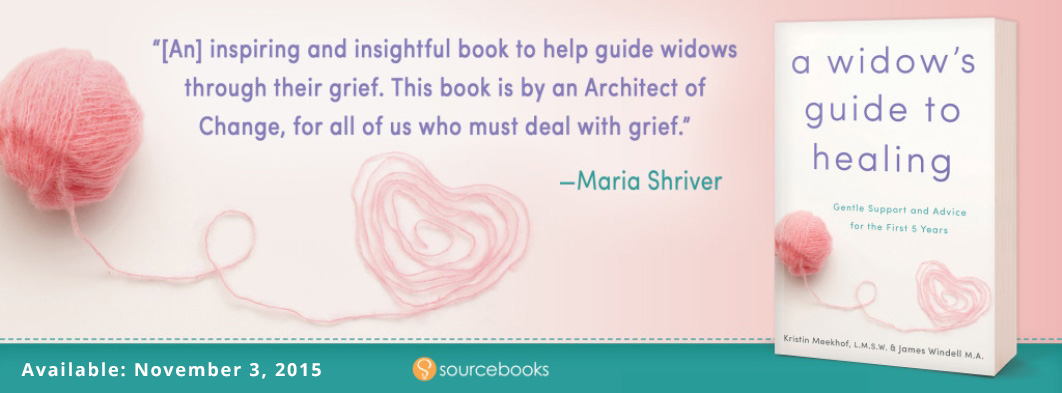
Maintain Your Sanity In the Face of Loss: 6 Tools
I was 33 in 2007 when my husband was diagnosed with adrenal cancer; he died eight weeks later. From my own experience and in my research for my upcoming book, I know that dealing with a medical crisis, caregiving and the days following the death of a loved one can be very stressful. I also know that we’ve all experienced some sort of suffering or loss. This loss may be a job, divorce, friendship or significant relationship. These are the situations that cause us to weep and question everything. We all have these deep emotional wounds complete with crusty scabs and faded scars.
In our suffering, we feel completely undone and are often searching for an honest conversation. In truth, we want to feel loved and accepted. Yet, after a loss or traumatic event, things can be very confusing. Often, we are seeking a quick solution. We are emotionally fragile and obsessed with seeking inner peace. While vulnerability may be good, it can also be our tender and weak spot. I think about that soft spot on a newborn’s head, and as adults our hearts all have that same soft spot. Yet, our “soft spot” is seldom exposed because we cover it, both literally and figuratively. Others may not know how to appropriately interact with you during this time, so in all your interactions during this time, keep these six suggestions in mind:
1. Don’t try to be a people pleaser. Sounds simple, right? But you may be on the receiving end of odd requests, bizarre questions, impractical demands, and unwanted advice. Be polite, but say no when necessary and save yourself some stress.
2. Don’t speak negatively about yourself. Your self-esteem may take a plunge when you become a widow, and we will explore why later. For now, you aren’t doing yourself any favors by being down on yourself. Stop the inner critic. Treat yourself as you would your best friend in a similar situation.
3. Trust your gut. You may know instinctively how to respond to a comment or request, but you may now be second-guessing yourself. Stop and listen to your instincts. Your gut is probably correct. This can relate to so many parts of your life at this stage: friends and acquaintances offering unsolicited advice, people making suggestions that don’t apply to you, salesmen trying to push a product on you, financial planners who get in touch with you and even things your children may think is best for you.
4. Breathe. There will be moments when you are scared, uncertain, and terrified of what lies ahead. Remember to take deep breaths. This will help ground you. This is your therapy for now.
5. Write. Get a notebook and each day write down what you did, to the best of your recollection. There will be unusual phone calls and conversations that you may need to reference later. If they are all in your notebook, you can easily go back to the page and recall the date and conversation.
6. Accept help. You may not be sure what you’re going to do with a pan of lasagna or a bag full of magazines, but saying yes to those who are reaching out is good for you. Maybe you like to think of yourself as Superwoman or Miss Independent, but this is one time when you need to give yourself a pass. Go ahead, say yes to that free haircut or the friend who wants to take you to dinner. In fact, don’t just accept help, get proactive about it.
While there may be no swift or simple answer to your situation, these steps are some things that you can do to take charge. You may not experience a spiritual awakening just yet; but moving through these steps will bring some light. Be gentle with yourself and remember to give yourself grace.
This article was originally featured on MariaShriver.com and you can read it here.
If you enjoyed this article, make sure to join Kristin’s community today. Sign up today and receive your complimentary copy of 5 Ways to Practice Gratitude Today








No comments yet.